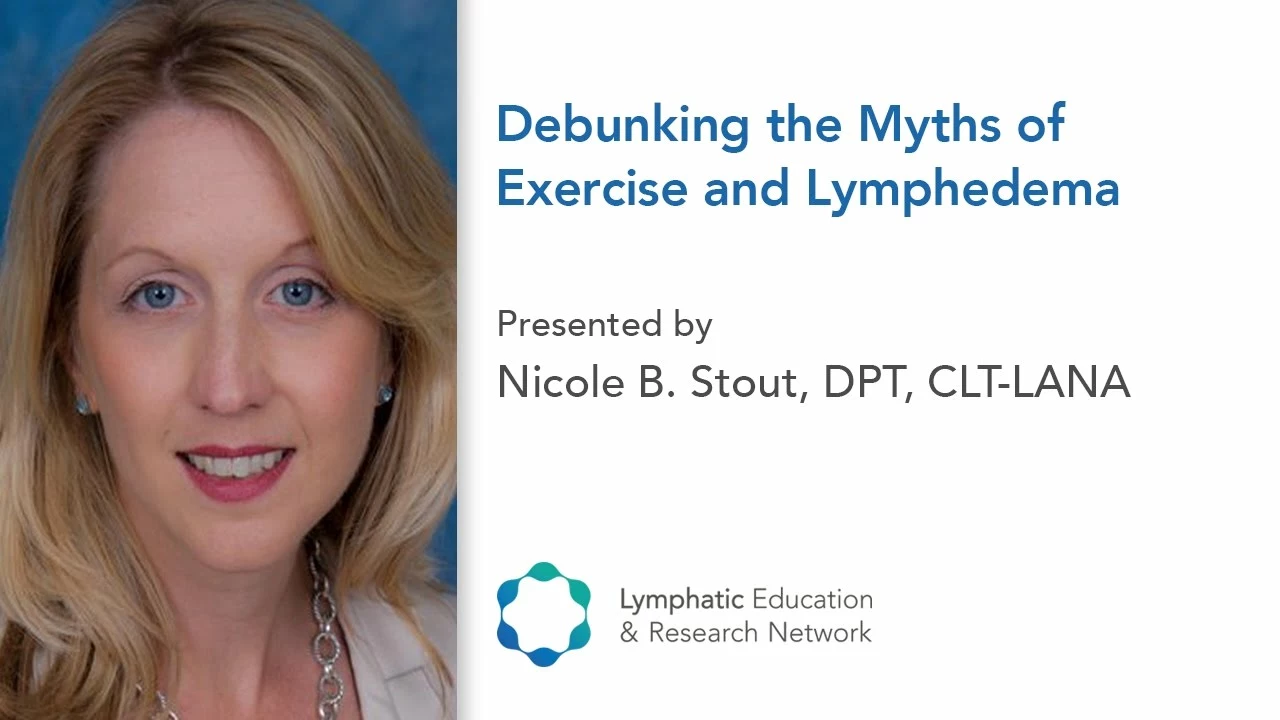Medication Myths Busted – Real Facts Behind Common Drug Misconceptions
If you’ve ever Googled a symptom or read a headline that sounded too dramatic, you know how easy it is to run into drug myths. Those stories can make you nervous about taking a prescription that could actually help you. This page gathers the most talked‑about misconceptions and gives you straight answers you can trust.
Every myth we cover comes from real articles on Alldayawake.com, so you’ll see examples like “Lipitor causes liver failure” or “herbal supplements are always safer than pills.” We break down why those claims spread and what the science really says. By the end, you’ll know how to separate hype from evidence without needing a medical degree.
Common Myths About Popular Drugs
Myth 1: All statins make you gain weight. The truth is that most people on atorvastatin (Lipitor) don’t see any change in body mass. A few studies note a slight appetite increase, but the effect is tiny and outweighed by heart‑health benefits.
Myth 2: Herbal remedies work better than prescription meds. Some herbs, like St. John’s Wort, have proven activity for mild depression, yet they often interact with drugs such as Paxil or antidepressants. Prescription pills undergo rigorous testing; herbs can be useful but aren’t a universal substitute.
Myth 3: Buying meds online is always risky. Not all online pharmacies are scams. Sites that require a prescription, display a pharmacy license, and use verified payment methods are generally safe. Our guide on spotting counterfeit drugs shows you the red flags to watch for.
Myth 4: Antidepressants cause addiction. Medications like Paxil or Wellbutrin aren’t addictive in the way opioids are. They can cause dependence if stopped abruptly, but a physician‑guided taper avoids withdrawal symptoms.
Myth 5: High blood pressure meds always cause sexual dysfunction. Beta‑blockers such as Inderal may affect libido for some men, but many patients report no change, and newer options like ACE inhibitors have lower risk. Talk to your doctor about alternatives if you notice a problem.
How to Spot False Health Claims
First, check the source. Peer‑reviewed journals, official health agencies, or reputable pharmacy sites rank higher than personal blogs with no citations. Second, look for numbers. Vague phrases like “studies show” without details are a warning sign.
Third, ask if the claim matches known drug mechanisms. For example, saying a cholesterol pill can cure cancer ignores how statins work—by lowering LDL, not attacking tumor cells. Fourth, be skeptical of miracle language: “cure,” “instant results,” or “no side effects.” Every medication has a risk profile; if it sounds too good, it probably is.
Finally, use tools we recommend, like our counterfeit‑drug checklist and pharmacy verification tips. A quick glance at the website’s license number, contact info, and privacy policy can save you from fake pills that might harm you.By keeping these checks in mind, you’ll feel more confident navigating health information online. The myths listed here are just a starter—our tag page continues to grow with new busts as soon as research updates appear.
Got a myth you keep hearing? Drop us a comment or check the latest posts under this tag. We’re always adding fresh fact‑checks so you can stay ahead of the hype and protect your health.

Debunking common myths about allantoin and its uses
- Apr, 27 2023
- 17
As a copywriter, I've come across numerous myths about allantoin and its uses. After doing some research, I've discovered that not all the claims about this ingredient are true. For instance, some people believe that allantoin can cause irritation, but it's actually known for its soothing properties. Additionally, it's not true that allantoin is only derived from animals, as it can also be extracted from plants like comfrey. Overall, it's crucial to look for reliable sources of information when learning about ingredients like allantoin to make informed decisions about our skincare products.
Categories
- Health and Medicine (62)
- Health and Wellness (57)
- Medicine (37)
- Women's Health (11)
- Mental Health (9)
- Men's Health (7)
- Beauty and Wellness (4)
- Health Information (4)
Archives
- February 2026 (8)
- January 2026 (25)
- December 2025 (28)
- November 2025 (25)
- October 2025 (27)
- September 2025 (14)
- August 2025 (3)
- July 2025 (2)
- June 2025 (2)
- May 2025 (3)
- April 2025 (4)
- March 2025 (4)
- online pharmacy
- medication safety
- dietary supplement
- health benefits
- dietary supplements
- generic drugs
- prevention
- fertility
- online pharmacy Australia
- side effects
- QT prolongation
- medication side effects
- diabetes medications
- GLP-1 agonists
- nocebo effect
- brand vs generic
- treatment
- treatment options
- benefits
- connection
